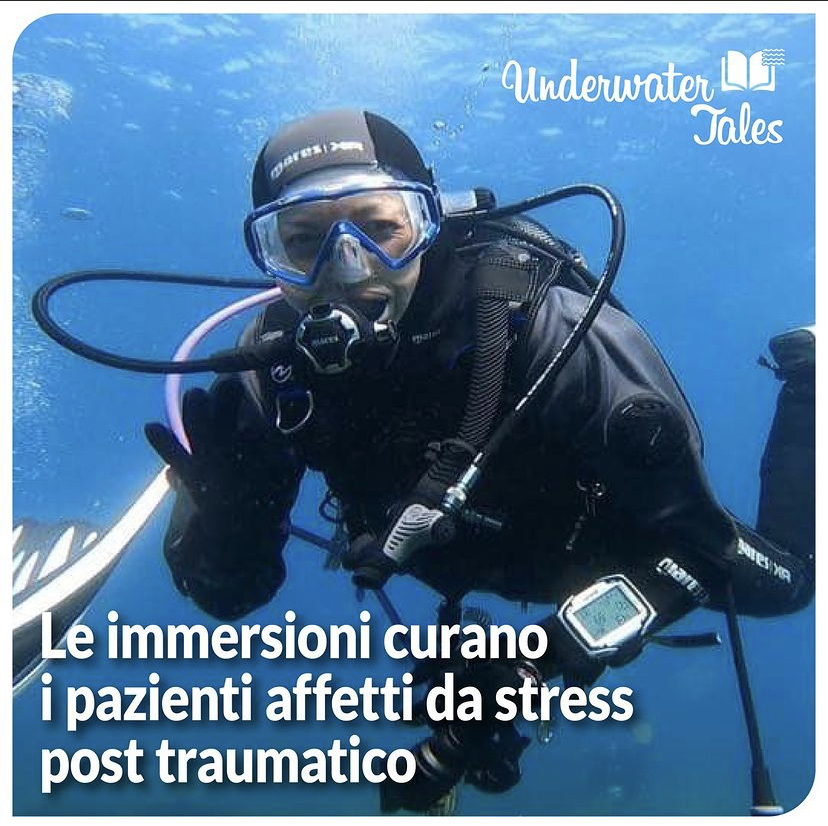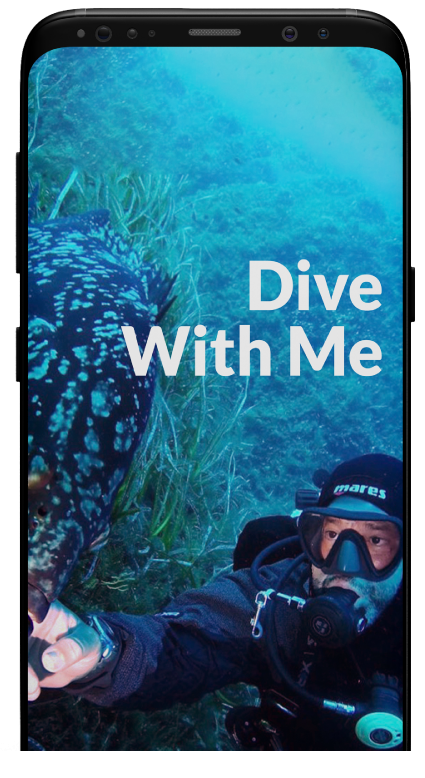The four reasons which impel divers to enter the diving community, to dive in sea or lake depths and to purchase the necessary equipment.
What pushes an individual to be part of the diving community? To wear a scuba tank and dive in sea or lake depths? To invest their money in order to purchase all the necessary equipment?
And above all, what pushes them to pick up a manual, to study and to succeed at ability tests and pass an exam to obtain the certification which enables them to dive in specific depths?
Or even worse, what pushes them to face thousands of kilometres to reach the sea? To dive once, or at most twice? To go back home in the evening, with the possibility of being stuck in the weekend traffic jam, knowing that the next morning they have to get up early and go to work?
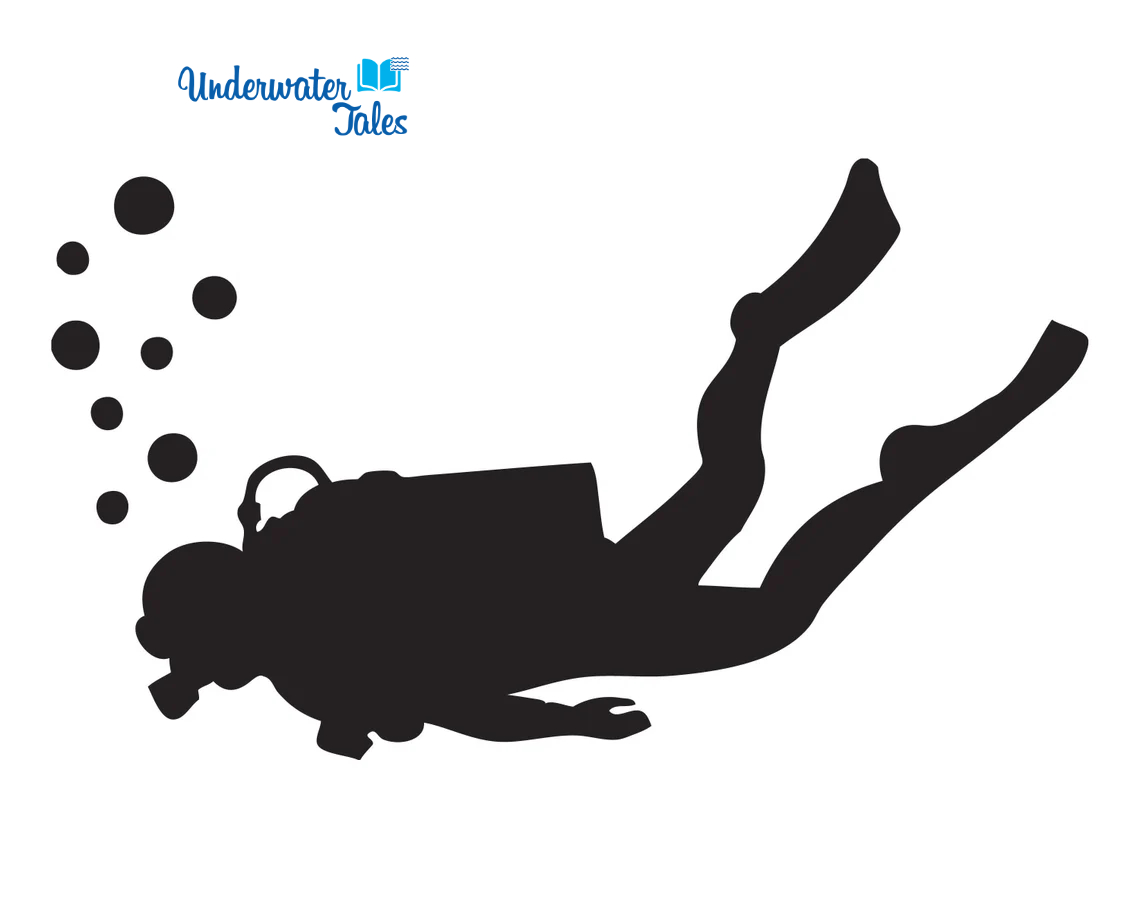
The motive
The motive is the expression of the reasons why an individual acts in a certain way. From a psychological point of view, it can be defined as the set of factors which pushes an individual towards a destination or an objective.
The motive is determined by two elements. The first one is given by the individual’s competences, which represent what they are able to do. The second one is given by personal values, which represent the core of ideas which guide the individual in performing common tasks.
These two elements function as an intermediate to determine the motivational drive in a process to take action. The motivational drive is triggered, in turn, when the individual feels the need of something or an imbalance between the current situation and the desired one. Motivation pushes us to act, to satisfy our need and restore an equilibrium.
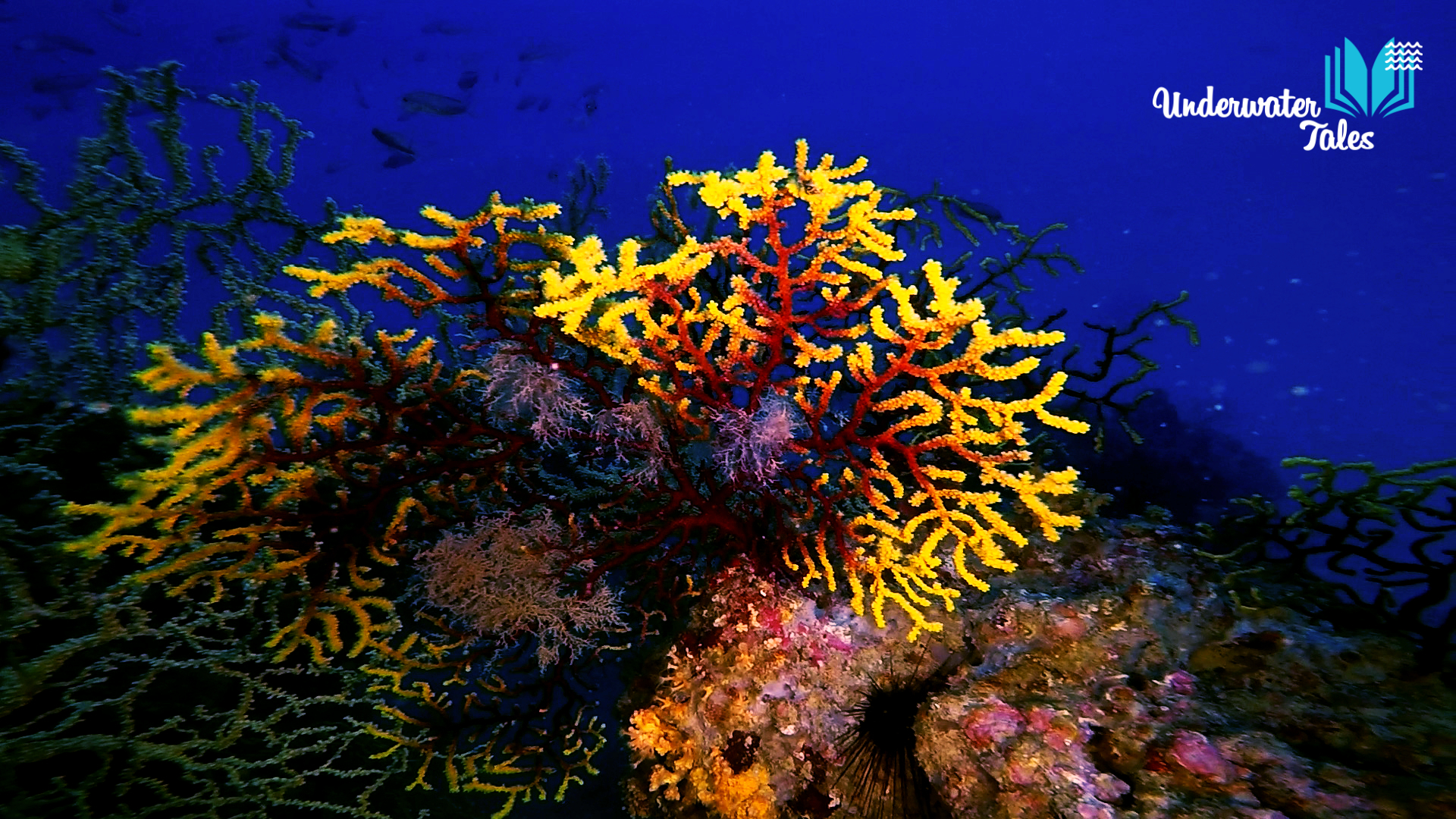
Maslow’s hierarchy of needs
In 1954, the psychologist Abraham Maslow suggested a motivational model of human development based on a “hierarchy of needs“. In other words, several “needs” arranged hierarchically based on the satisfaction of the basic needs are the condition to let superior needs emerge.
At the base of the pyramid, you can find the essential needs to survive, whereas, going up towards the top of the pyramid, you can find more immaterial needs. Starting from the base of the Motivational Pyramid (or pyramid of needs) you can find:
- Physiological needs: hunger, thirst, sleep, thermoregulation, etc. These needs are connected to the physical survival of the individual. They must be the first ones to be satisfied, due to the self-conservation instinct;
- Safety needs: protection, quiet, predictability, deletion of concerns and anxieties, etc. They must grant protection and stillness to the individual;
- Belonging needs: being loved and love, belonging to a group, cooperate, participate, etc.; This category represents everyone’s aspiration to be part of the community;
- Respect needs: being respected, approved, credited, etc. The individual wants to feel competent and productive;
- Self-realisation: realising our own identity based on expectations and potential, having a social role, etc. It is about everyone’s aspiration to become what we want to be, exploiting our mental and physical skills.
Once fundamental needs are satisfied they tend not to repeat themselves, social and relational needs tend to reborn with new and more ambitious objectives to reach.
Satisfaction follows, both in the working field and in our public and private life, it is a common phenomenon which can be caused by the fact that individuals might not have been able to perform their potential. In fact, Maslow believes that self-realisation requires several personality traits, social competences and technical abilities.
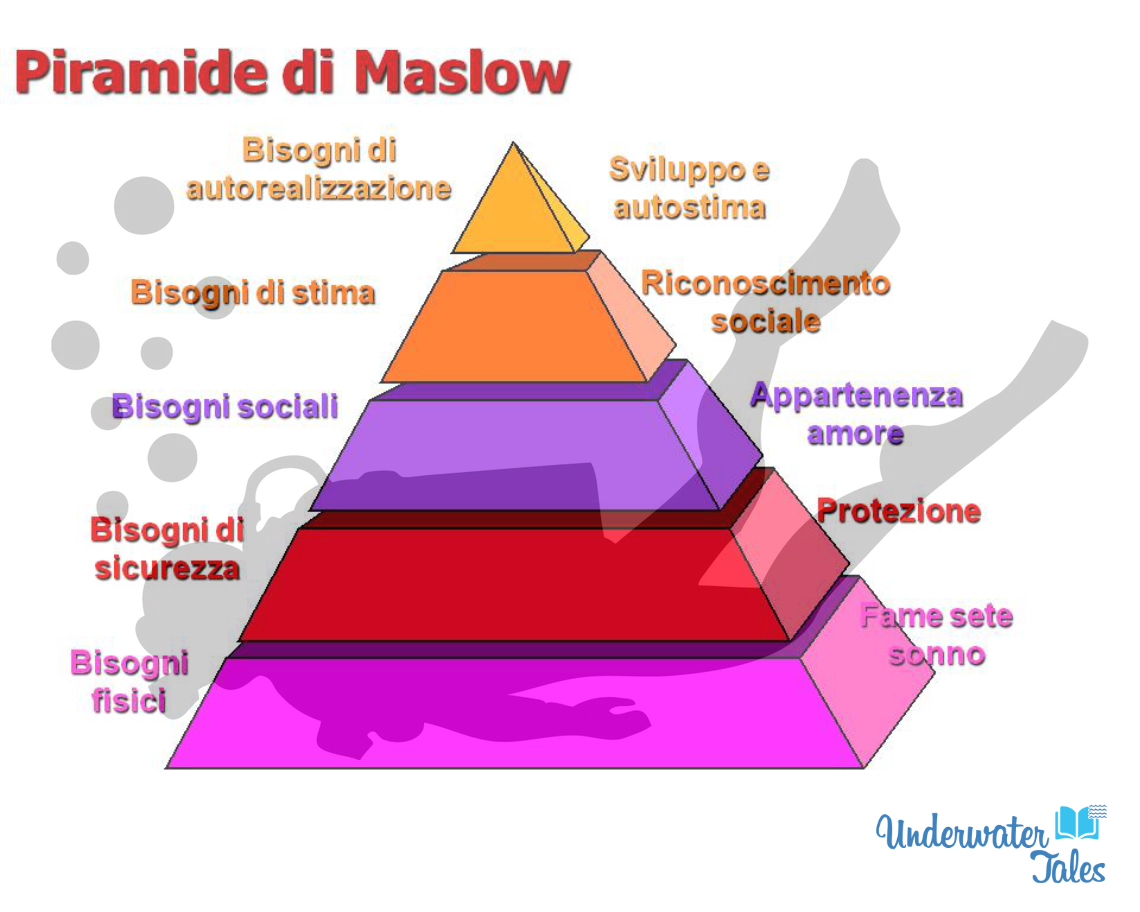
SCUBA DIVING AND THE PYRAMID OF NEEDS
Scuba diving encompasses typical features deriving from both a sportive and a leisure activity.
The safety need
Apparently, looking for safety and stillness in an extreme activity might look absurd. In an environment which we were not made for, where we have the perception of not being able to breathe on our own. In a reality which does not allow us to perform our sensorial experiences in a normal way and in which our body undergoes pressures and strong transformations.
However, numerous scuba divers feel relaxed, calm and concentrated in this situation of silence, where they perceive their respiratory rate and there is lack of gravity. It’s a state of being which certainly favours the reduction of anxiety and fear.
A situation that is recognised as the search for satisfaction of the needs related to the search for safety and tranquility.
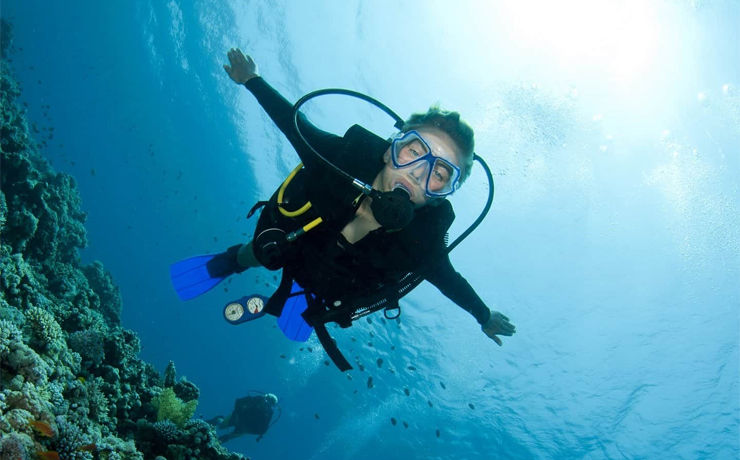
Il bisogno di appartenenza
Who among us has never started a recreational activity without having considered the positive aspect of making new meetings, new friendships?
The group has taken on a very important value in the diving world since it has transformed from an elitist passion to a collective and widespread activity.
The activities of diving centers, city clubs and diving schools have gradually become highly aggregative. The proliferation of social moments of encounter, sharing and learning shows how even diving meets the need of belonging. With the accompanying individualization of a leader and a group within which to identify.
Classic affiliate symbols such as T-shirts, coats of arms, Facebook groups and the expression of a hashtag help people feel part of a community. The underwater community, of course.
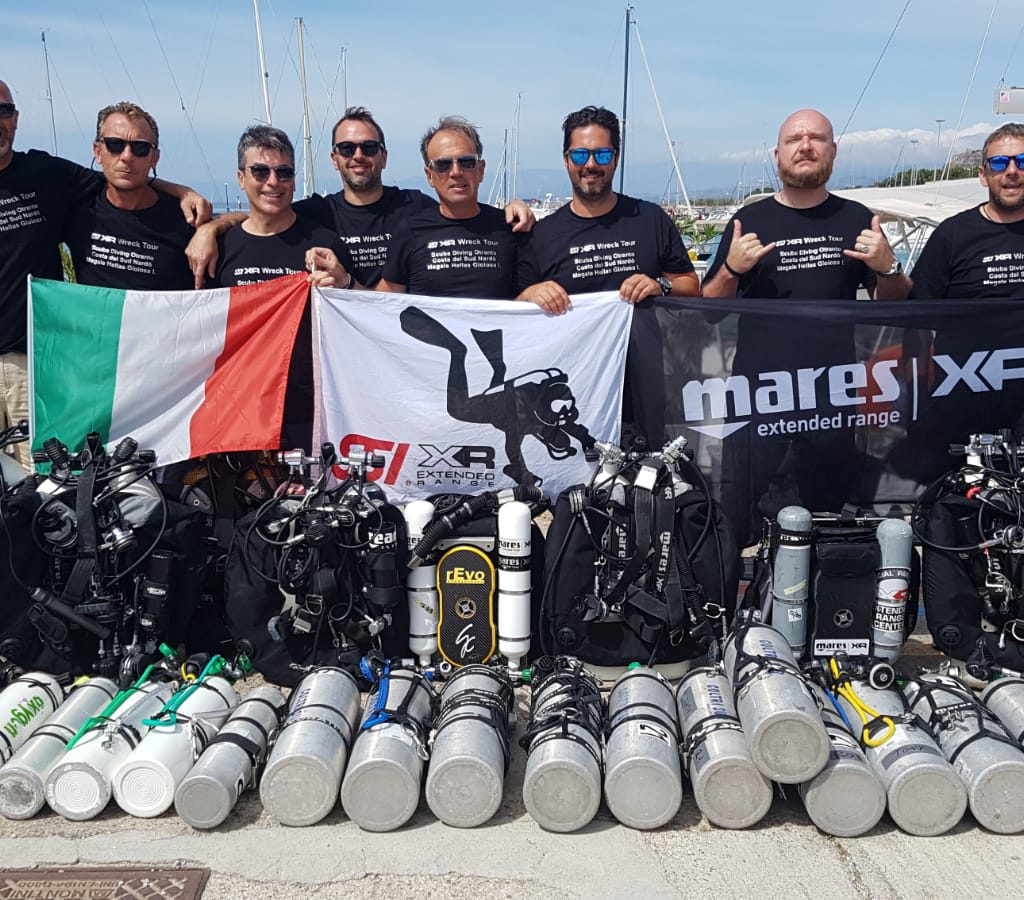
The respect need
From the proliferation of certifications, credits and skills brevets borns a business need. From the need to offer new opportunities to lock in the consumer.
But the excellent marketing skills of the main diving courses had an extreme success since they satisfied the public’s need for recognition of skill and ability of divers.
Beyond the recognition of improvements of a learner’s technical competences, obtaining a brevet aims to satisfy social gratification, personal valorisation and a distinction between the individual and other scuba divers and their circle of acquaintances.
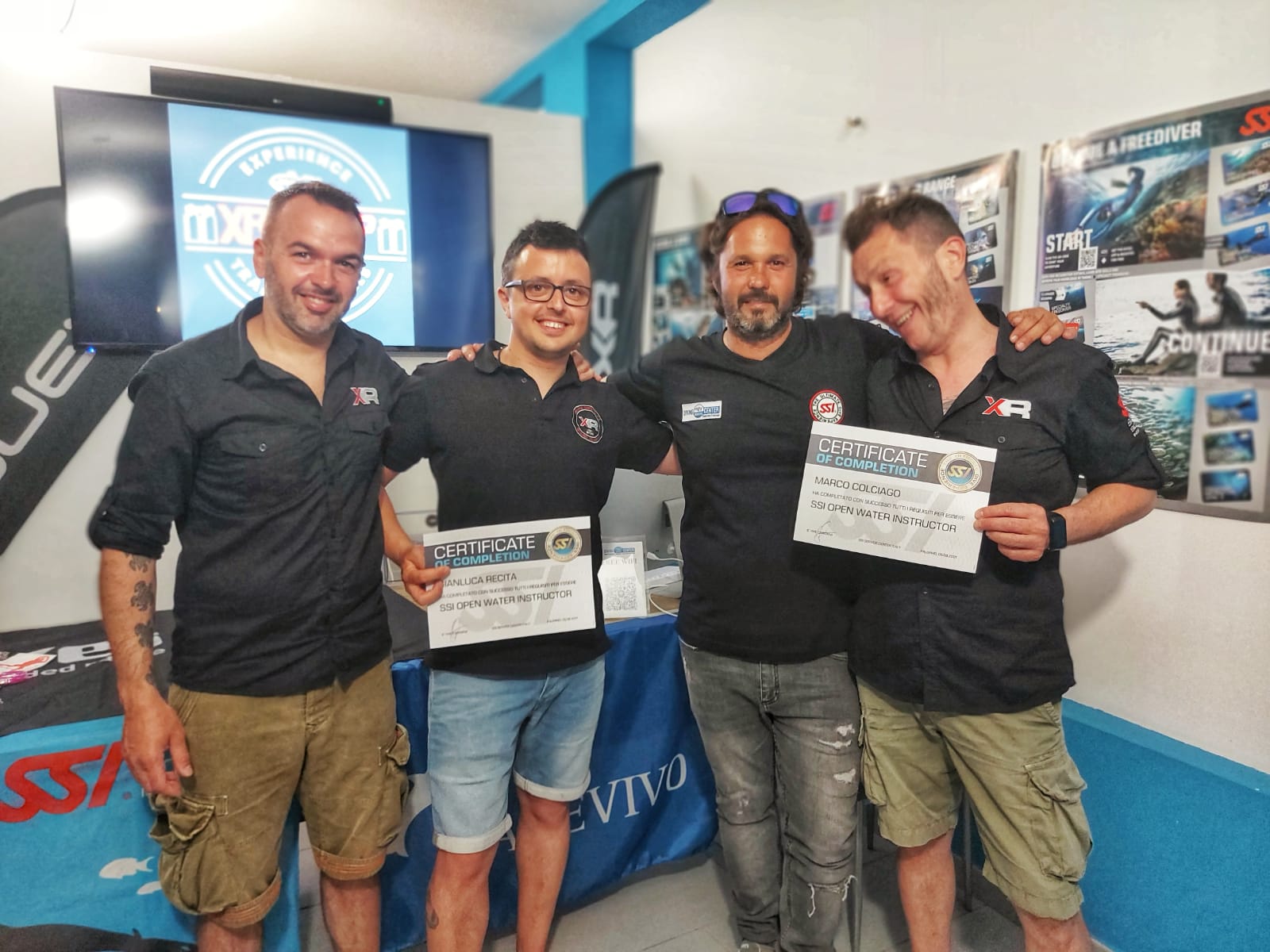
The self-realisation need
The terms “diving career” and “continuous learning”, often represented in academic material, indicate a real sequence of titles achievement and contribute in forming a hierarchy in the world of the diving community. With a continuous need of improvement.
When a sport is competitive, self-realisation can occur through a victory, a score, a ranking or a record.
Generally, in a competitive activity like scuba diving, we tend to substitute these values. For example, the qualification of a result through the reach of specific depths, through the least consumption of air inside oxygen tanks or merely in the number of divings during our career.
Otherwise, for those who have self-realised reaching the highest level in the hierarchy by achieving the highest number of certificates issued.
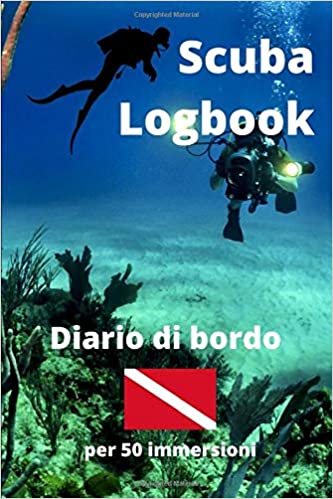
The passion
Beyond the top of the Maslow’s pyramid, there is passion, that feeling of falling in love with something which makes it unique.
It means “doing something with your soul, with creativity and with love“.
It means leaving something of ourselves in what we do.
Indeed, in the end, I think that this is the ultimate reason as to why we dive.
I think that, beyond all the reasons which took us to swimming pools, to study manuals, passion is the only answer to all those questions which I asked at the beginning.
But this will be another story…


